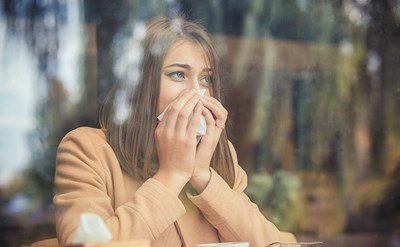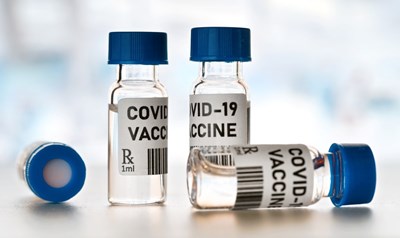Vaccination is a critically necessary step in ensuring we, as a society, can help to reduce the spread of the virus, end the pandemic, and return to our usual way of life.
The COVID-19 vaccine is safe and effective. Get vaccinated and boosted today: visit vaccines.gov or text your ZIP code to 438829. The newly-available bivalent boosters are particularly effective against new variants of COVID-19, and getting one can protect you and your family.
However, it's still envouraged to wear a protective mask when you feel it's appropriate and socially distance from others when you may have been exposed.
If you have any more questions about vaccine safety, we've addressed some common concerns and misconceptions.
 American College of Emergency Physicians
American College of Emergency Physicians







